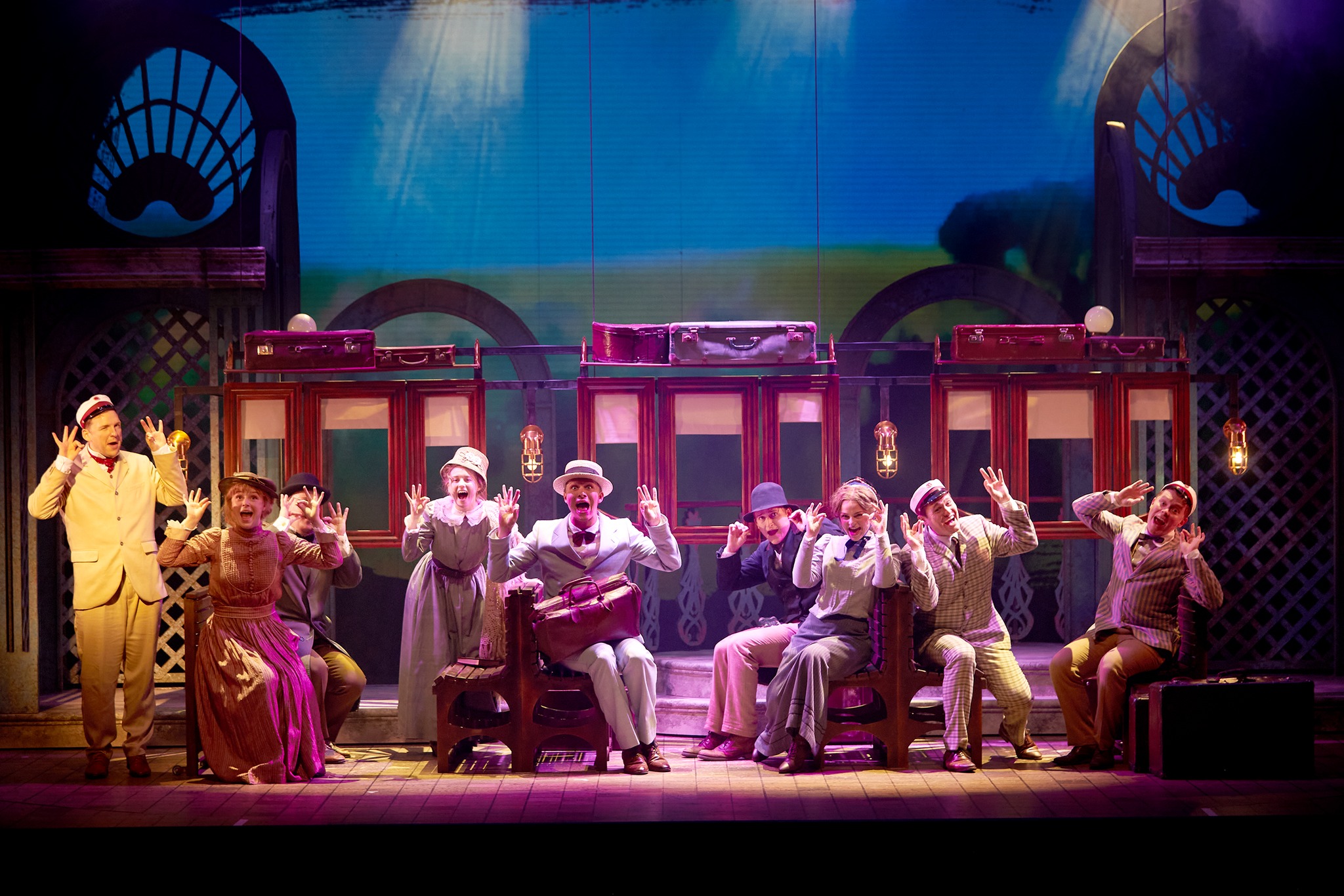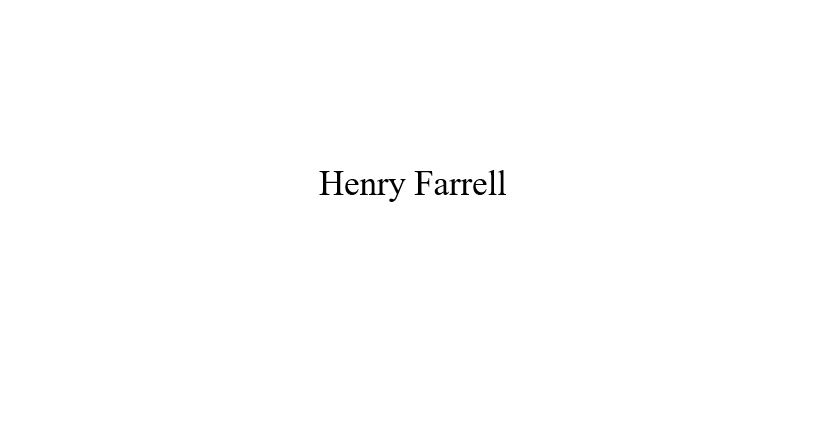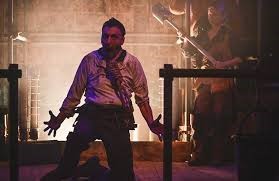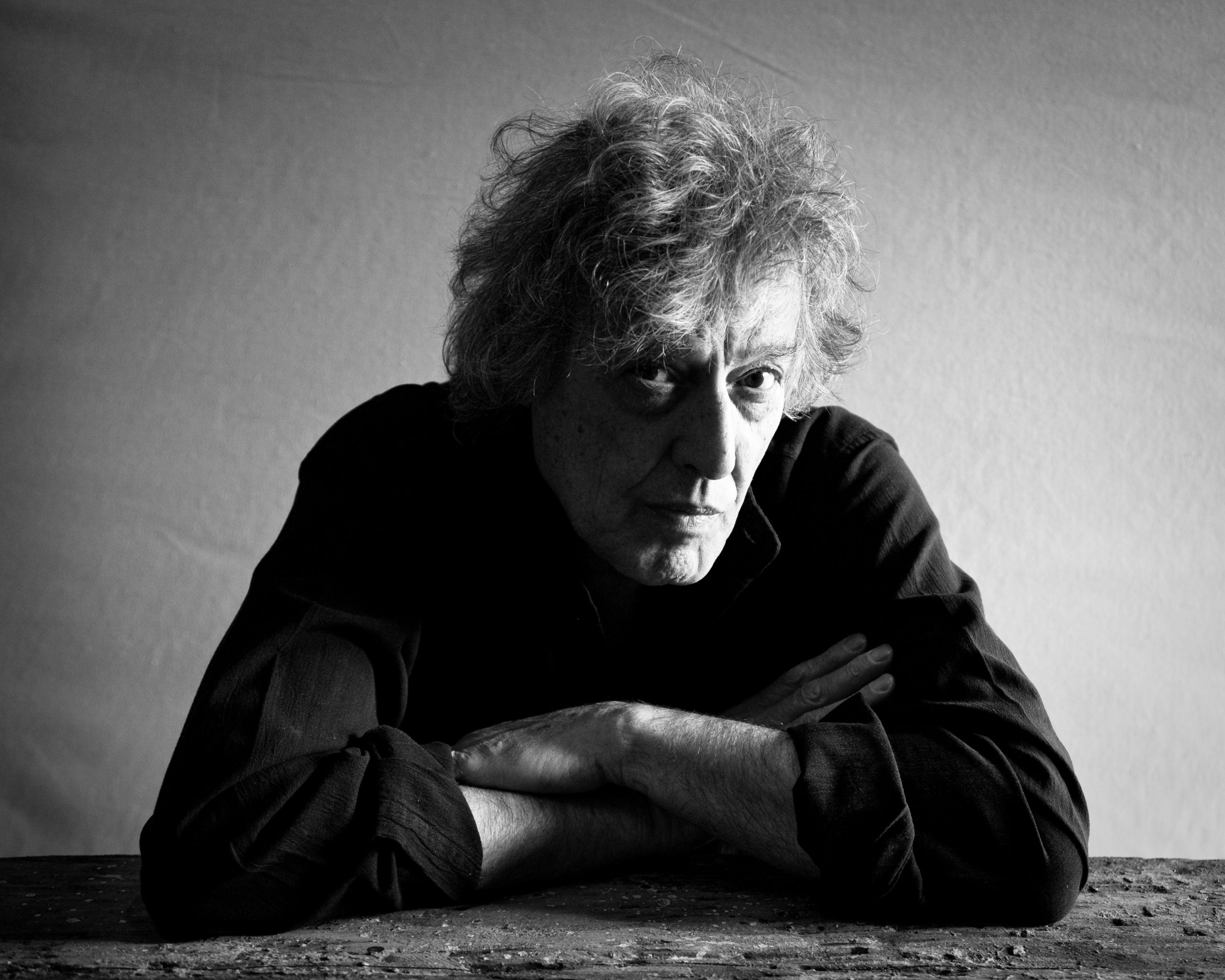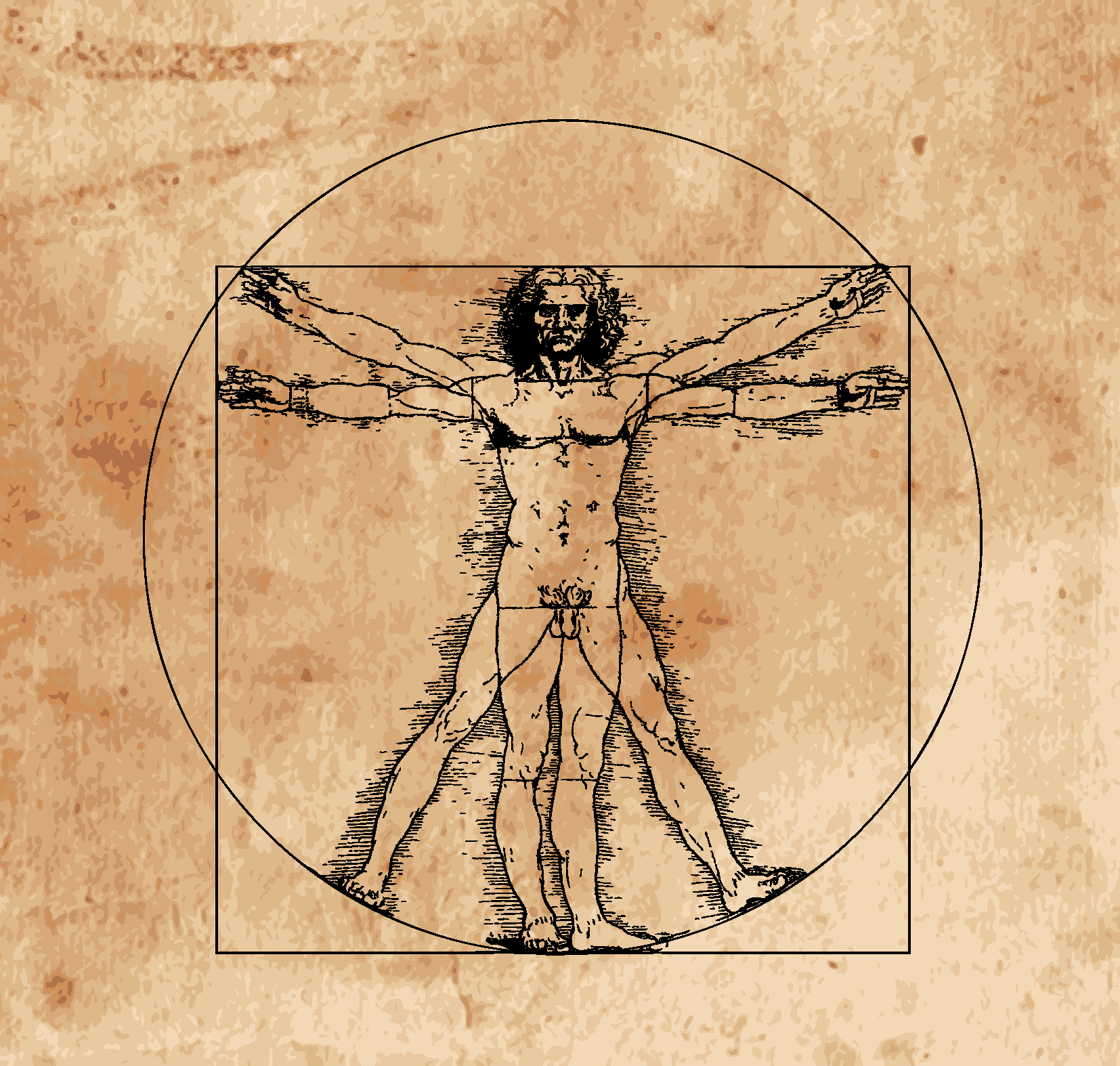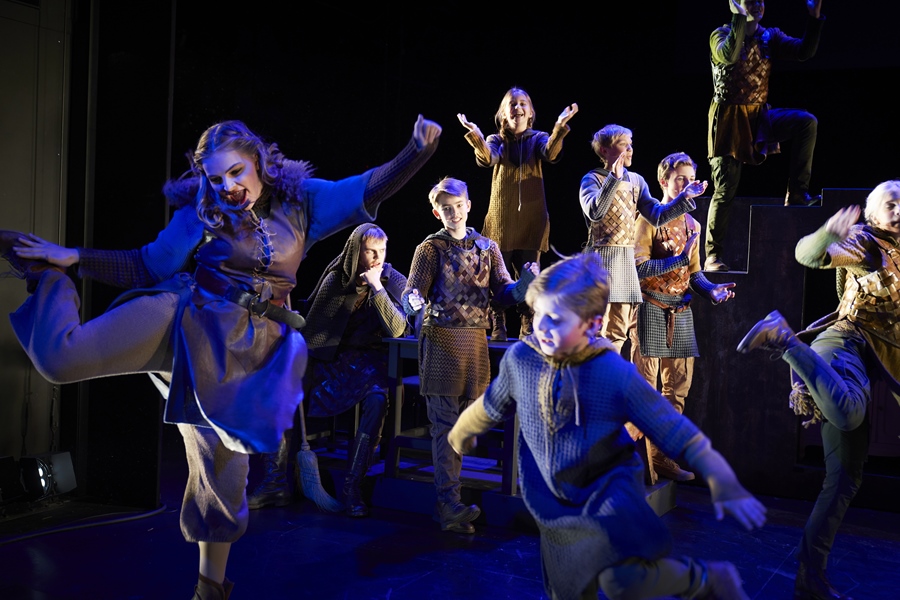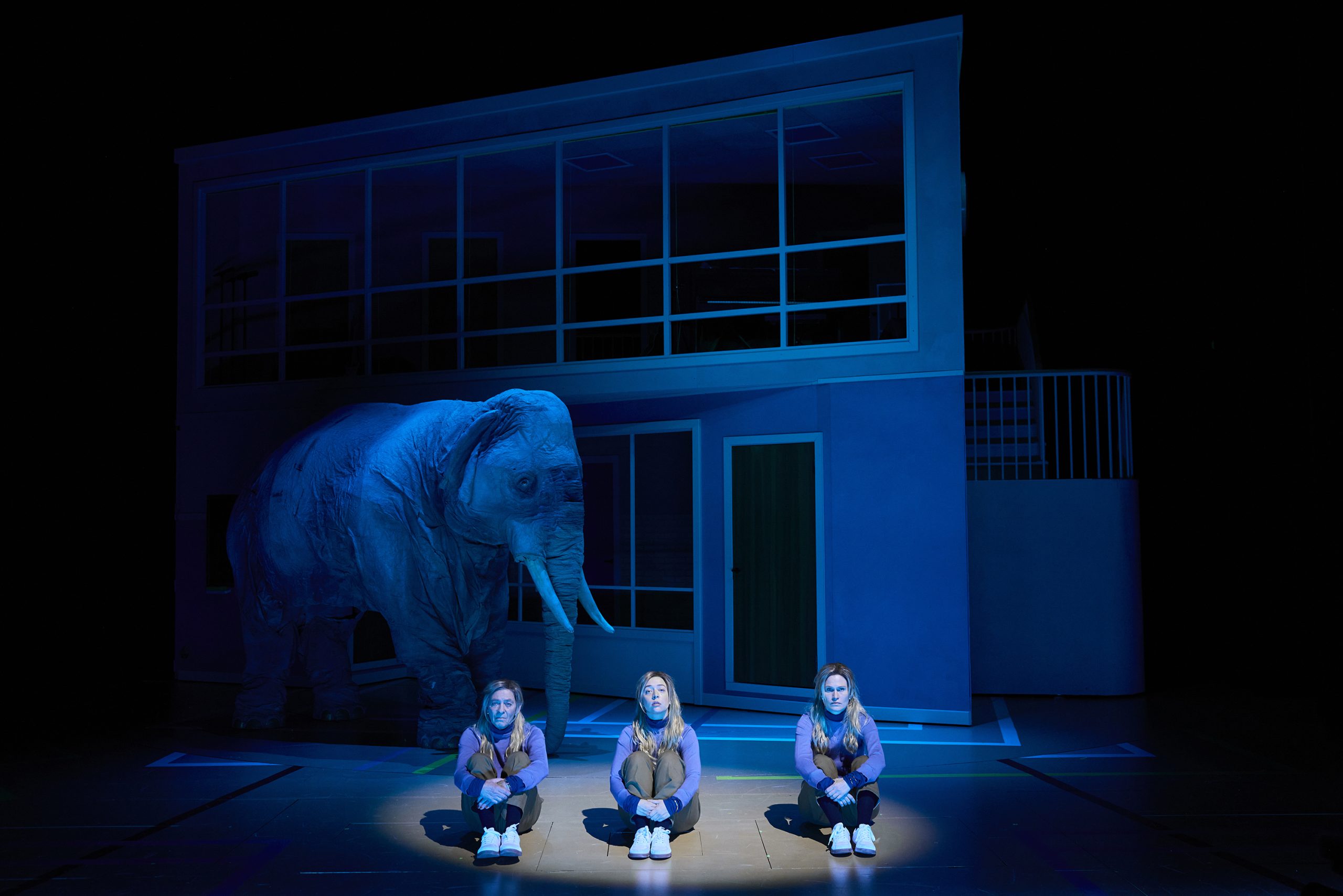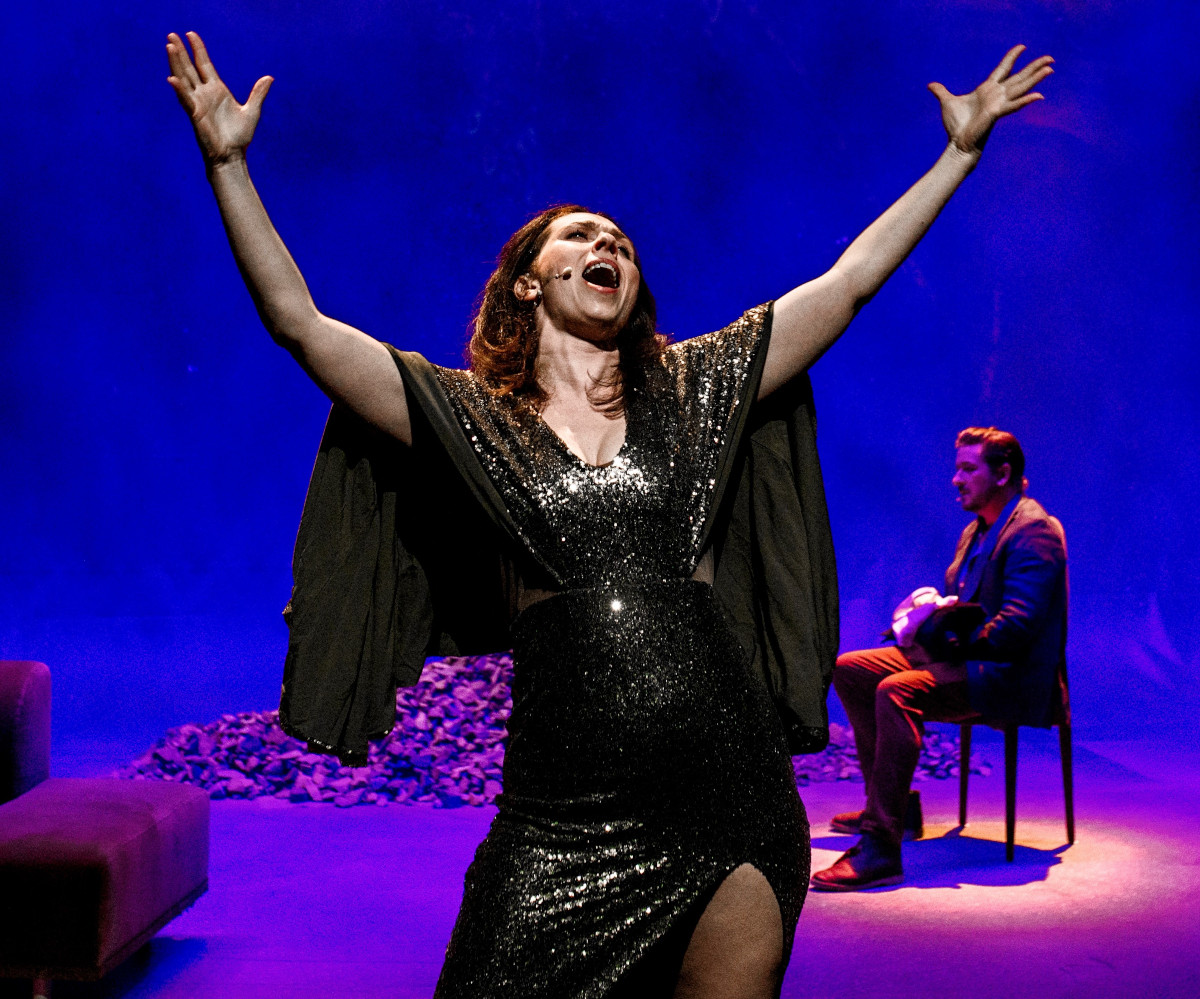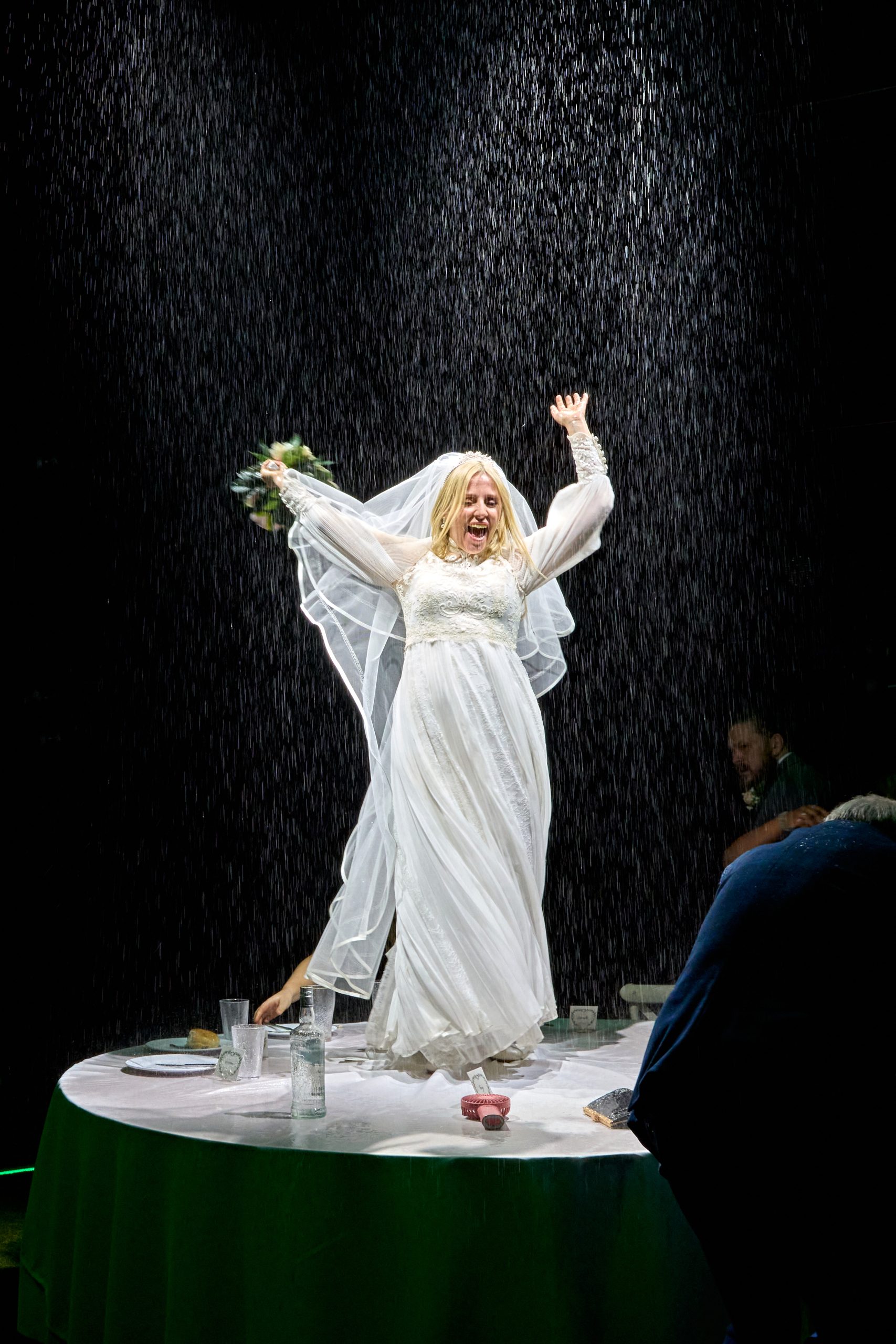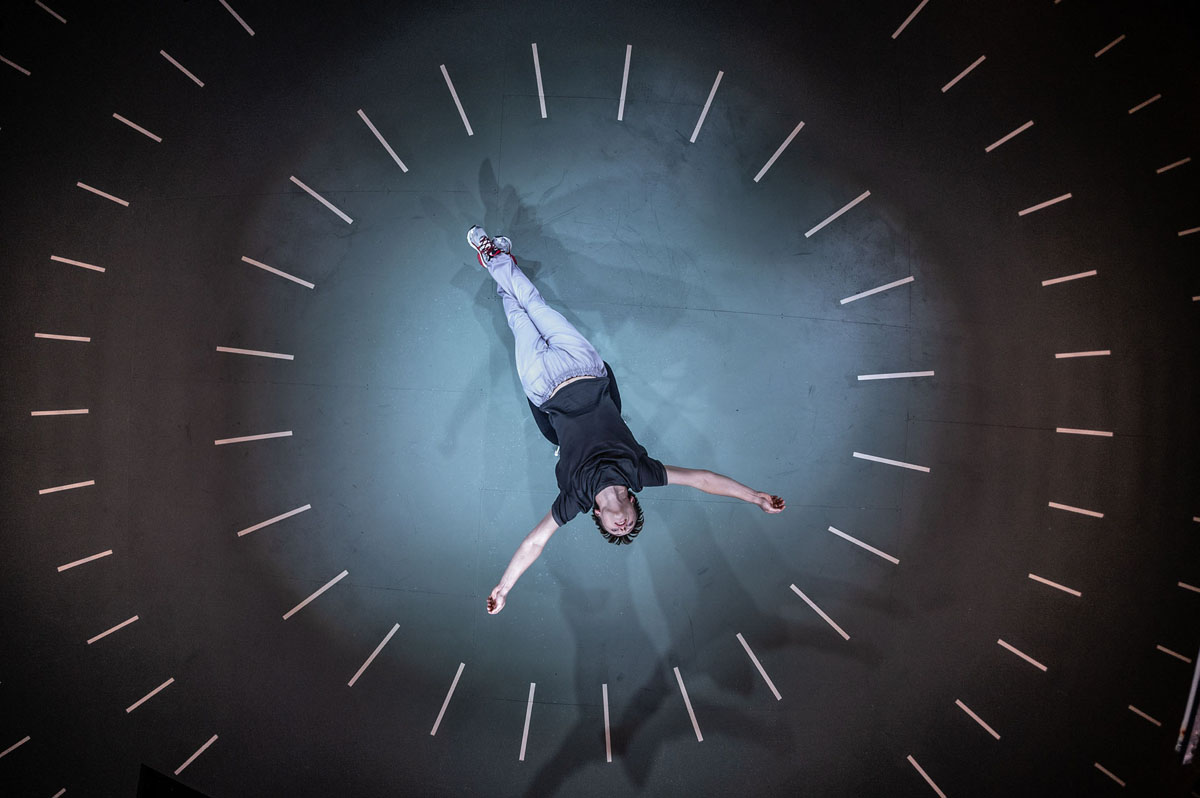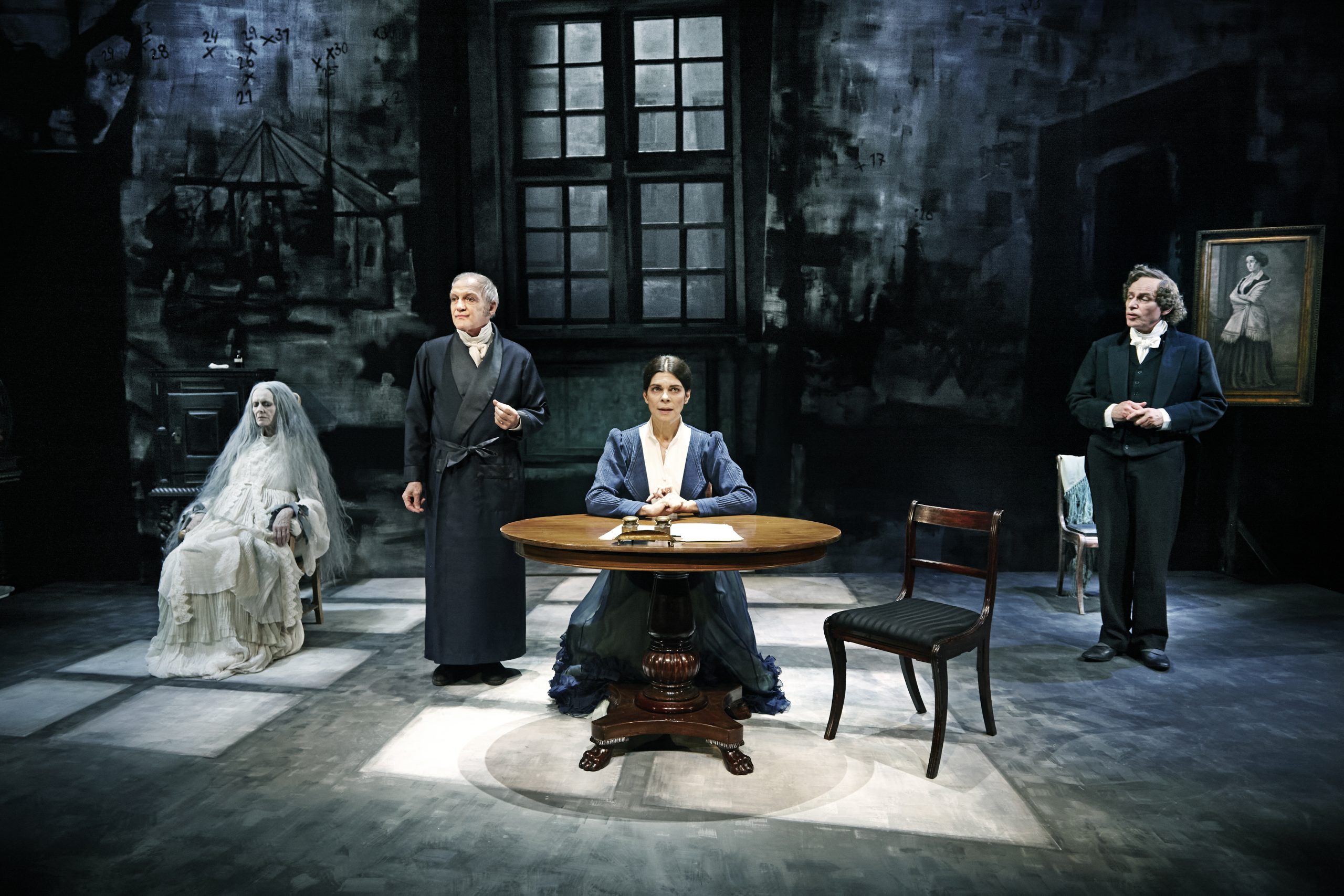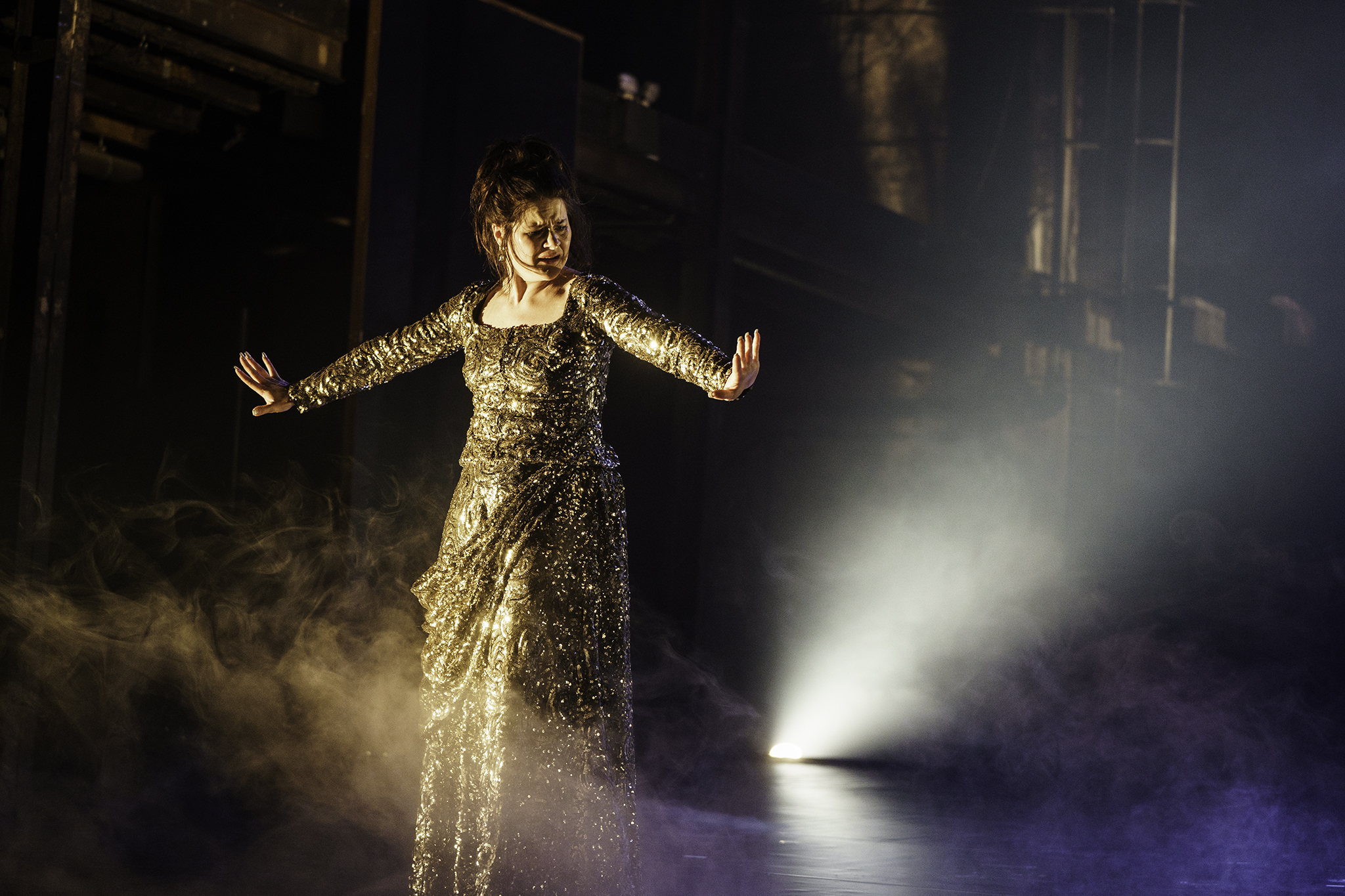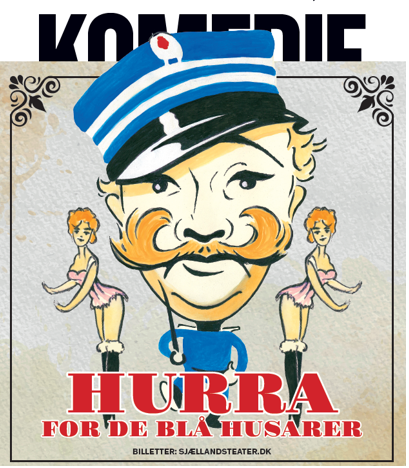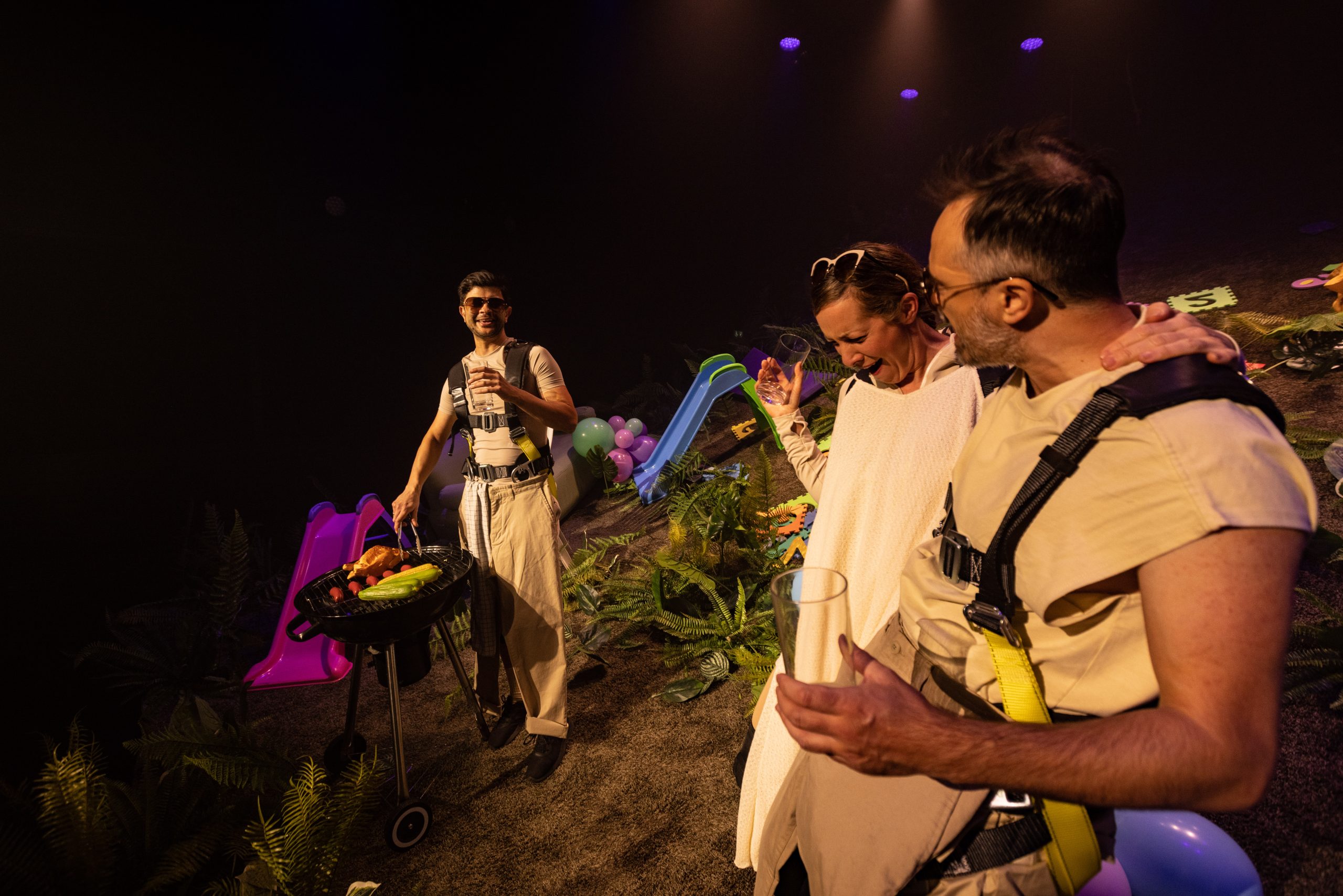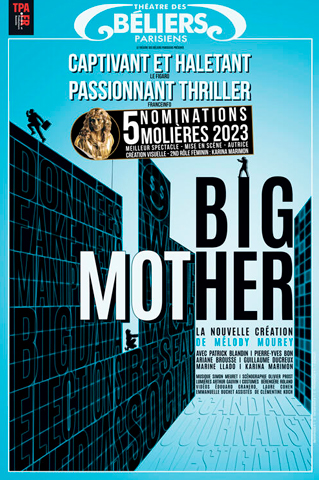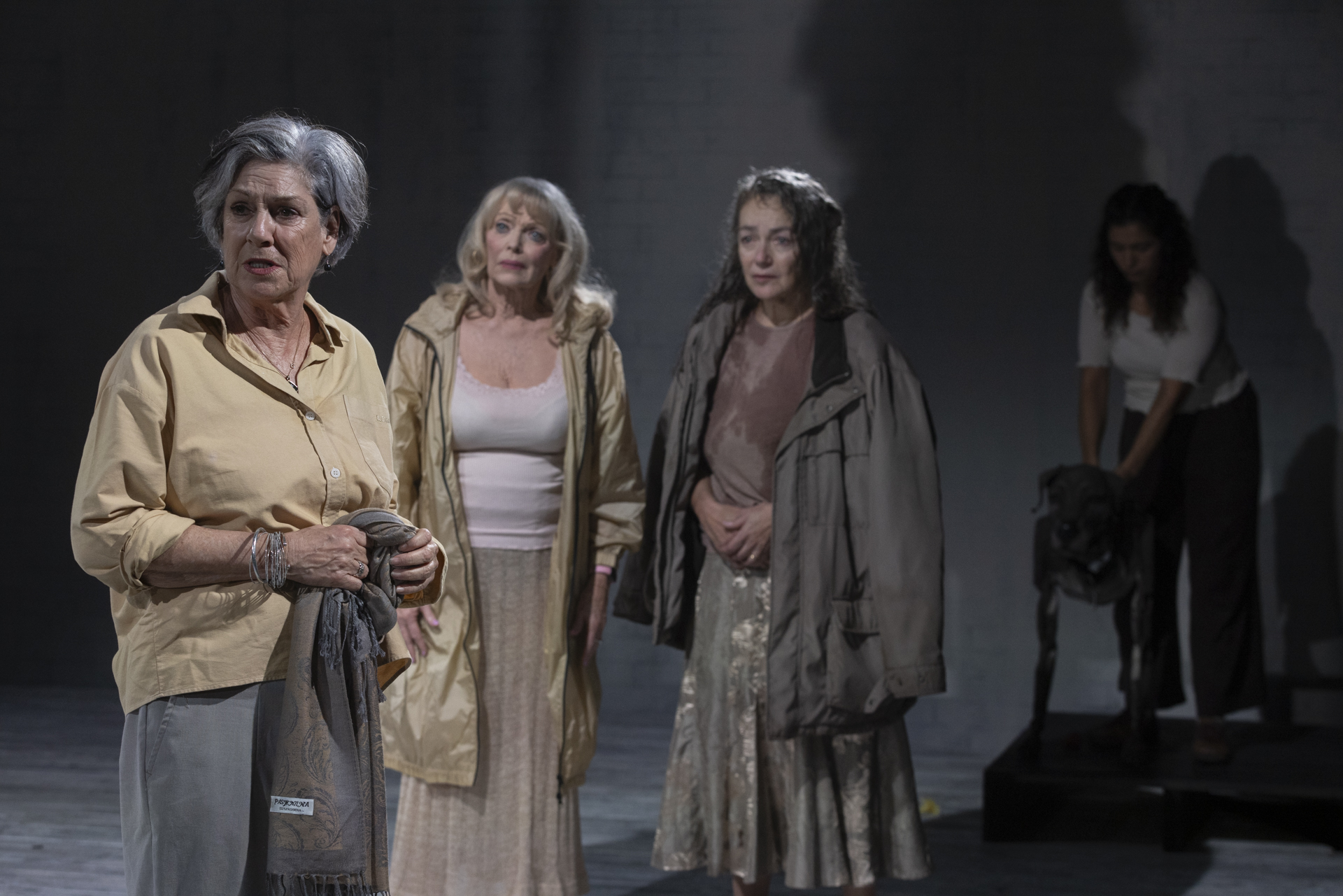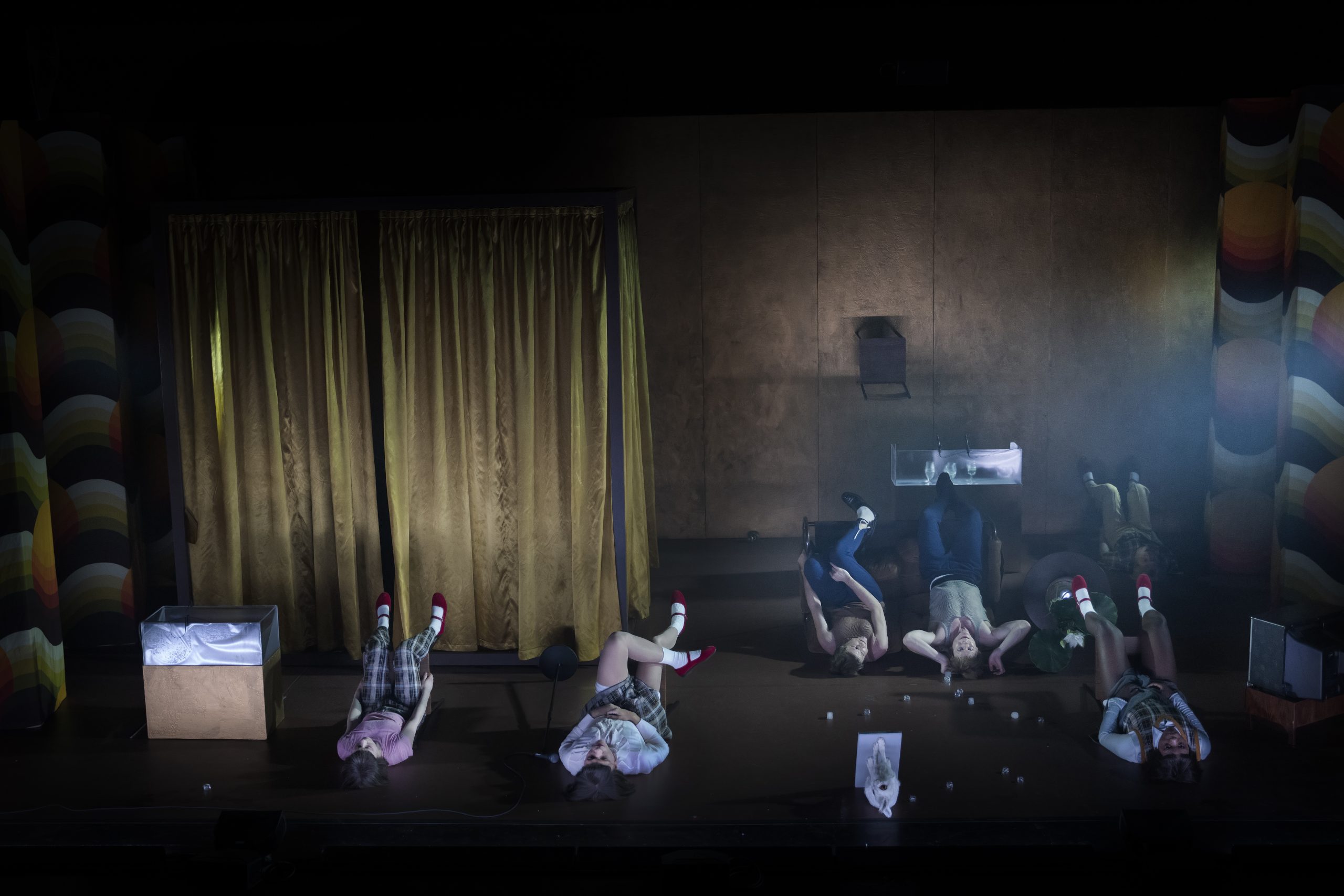At the age of twenty, Albee moved to New York’s Greenwich Village and hit it big with his 1959 play, THE ZOO STORY. THE ZOO STORY told the story of a drifter who acts out his own murder with the unwitting aid of an upper-middle-class editor. Along with other early works such as THE SANDBOX (1959) and THE AMERICAN DREAM (1960), THE ZOO STORY effectively gave birth to American absurdist drama. Albee was hailed as the leader of a new theatrical movement. Although they may seem at first glance to be realistic, the surreal nature of Albee’s plays is never far from the surface. In A DELICATE BALANCE (1966), for example, Harry and Edna carry a mysterious psychic plague into their best friends’ living room, and George and Martha’s child in WHO’S AFRAID OF VIRGINIA WOOLF? (1962) turns out to be nothing more than a figment of their combined imagination, a pawn invented for use in their twisted, psychological games. In THREE TALL WOMEN (1994), separate characters on stage in the first act turn out to be, in the second act, the same character at different stages of her life.
Albee describes his work as “an examination of the American Scene, an attack on the substitution of artificial for real values in our society, a condemnation of complacency, cruelty, and emasculation and vacuity, a stand against the fiction that everything in this slipping land of ours is peachy-keen.”
Albee experienced a stunning success with THREE TALL WOMEN (1994) which won him his third Pulitzer Prize as well as Best Play awards from the New York Drama Critics Circle and Outer Critics Circle. He had previously won Pulitzers for A DELICATE BALANCE (1966) and SEASCAPE (1975). Other awards include an Obie Award (1960) and a Tony Award (1964).
He died in 2016.


